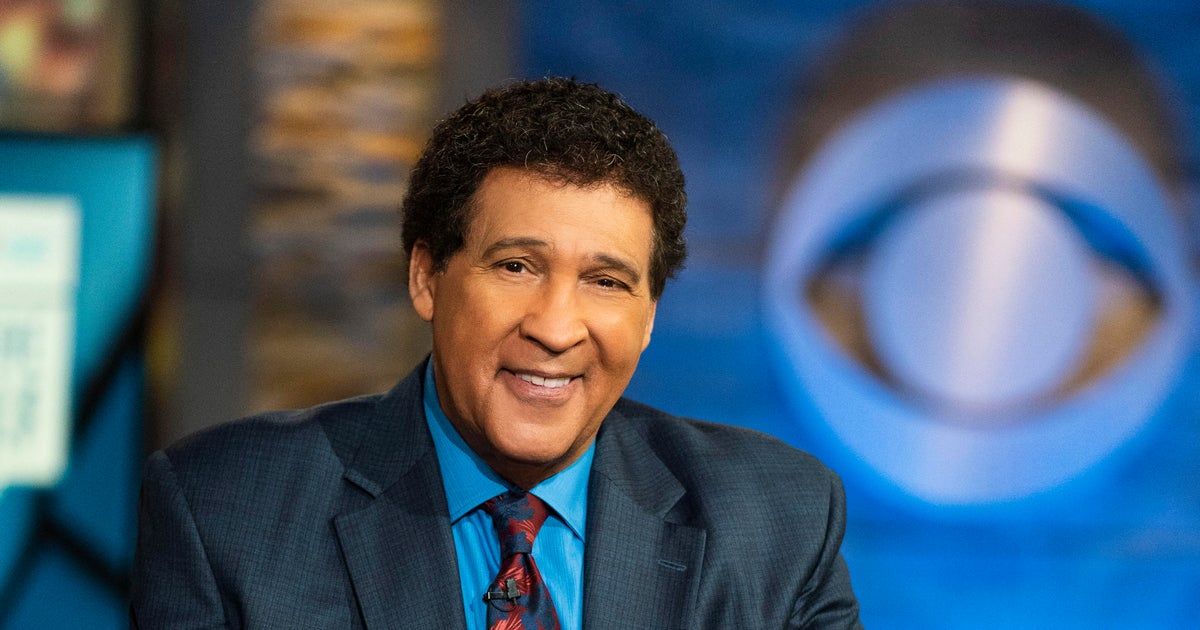Spanish-speaking women fighting cancer form sisterhood
Our series, A More Perfect Union, aims to show that what unites us as Americans is far greater than what divides us.
Once a month in a mostly Latino neighborhood of north Philadelphia, laughter echoes from a community center where dozens gather over their shared language and culture – and a shared adversary: cancer.
"When you hear that you have cancer, it's like, physically your ears turn off," social worker Marla Vega said.
"And that's even harder when you don't speak English well," CBS News correspondent Adriana Diaz said.
"Yes," Vega responded.
To overcome language and cultural barriers for Latino cancer patients, Vega started a group that provides English-speaking appointment companions and a support network that's more of a sisterhood.
"It gives them confidence. They don't feel lonely. They have someone to depend on," Vega said.
It's called Grupo Morivivi, named for the so-called "touch me not" plant common in the Caribbean. Vega said when you touch the plant, close up, it looks like it's dead. But then it opens up again "to life" after several seconds.
Luz Oquendo, who had breast cancer, used to belong to an English-speaking cancer group, but she said she didn't feel the chemistry, and missed out on helpful information. She said her poor command of English also made it harder to find the emotional support she needed to face her depression. Vega said she now feels like she's with family, and that "family" grows every at meeting, which includes lessons to promote greater health awareness.
The group pro-actively finds women in need. Volunteers signed Olinda Posada up for a free mammogram. She hadn't had one in seven years. Getting emotional, Posada said it was because of Vega she found out she had cancer. Since that day, they've been by her side at appointments and group meetings, helping her navigate her life's new course.
Martha Carbajal first joined the group as a volunteer for their 2016 fundraiser. But roughly a year later, she was diagnosed with breast cancer. She said she gets emotional thinking about what she observed them going through that she's now going through.
Now in remission, Carbajal lives with a lingering worry it will come back. She said knowing her adopted sisters share that fear helps her through it.
"I've never felt alone, ever," Carbajal said. She said she feels thankful to have Vega who helped her navigate the process.
Vega, who is not a cancer survivor herself, has been doing her work for about four and a half years. She's about to retire from a three-decade career as a social worker. That means she is now free to focus full-time on her efforts with Grupo Morivivi.
"Have you lost any members?" Diaz asked her.
"No," Vega said.
"Do you think this group has played a role in that?"
"Well, let me tell you something. When your time come, it comes," Vega said. "No matter how positive you are, we all going to die. But if you could improve the quality of life, and make people happier and empowered, that doesn't have a price."
Like the morivivi plant it's named after, this group thrives because of its resilience.
See more from A More Perfect Union:



